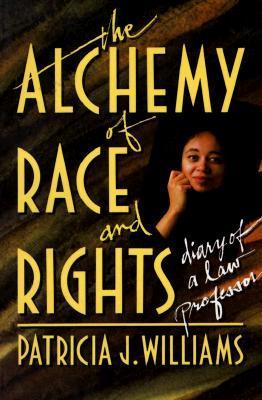What do you think?
Rate this book


272 pages, Paperback
First published March 1, 1991
There was an enormous outcry from women students of all political persuasions, who ‚Äòfelt raped‚Ä� in addition to the more academic assertions of some who ‚Äòfeared rape.‚Ä� In a complicated storm of homophobia, the men of the student body let it be known that they too ‚Äòfeared rape‚Ä� and vowed to chase her out of any and all men‚Äôs rooms. The oppositional forces of men and women reached a compromise: S. should use the dean‚Äôs bathroom. Alas, in the dean‚Äôs bathroom no resolution was to be found, for the suggestion had not been an honest one but merely an integration of the fears of each side. Then, in his turn of the dean, circumspection having gotten him this far in life, expressed polite, well-modulated fears about the appearance of impropriety in having students visit his inner sanctum, and many other things most likely related to his fear of a real compromise of hierarchy.